There are people who still do not know what Anfal means. How could they know? They don’t know the story
Ismet Mohammed Mahmoud, Kulajo
History is not just about winners and losers. It is about people.
Yet with most of the world’s national historical resources, normal people – the flesh, blood and minds of a nation – are ignored in favour of dusty academics and so-called ‘experts’ who did not witness the events they describe.
The Kurdistan Memory Programme (the KMP) has taken a different approach by recording Kurdish history in sound and living colour, documenting the unique voices of Kurdistan for future generations.
From personal stories, including those who survived terrible persecution under the era of Saddam and those suffering the cruelties of Islamic State of Iraq and Syria (ISIS) terrorists, emerge universal human truths and emotions.
These stories reveal a dramatic and heroic story of nationhood that is only now being recognised internationally.
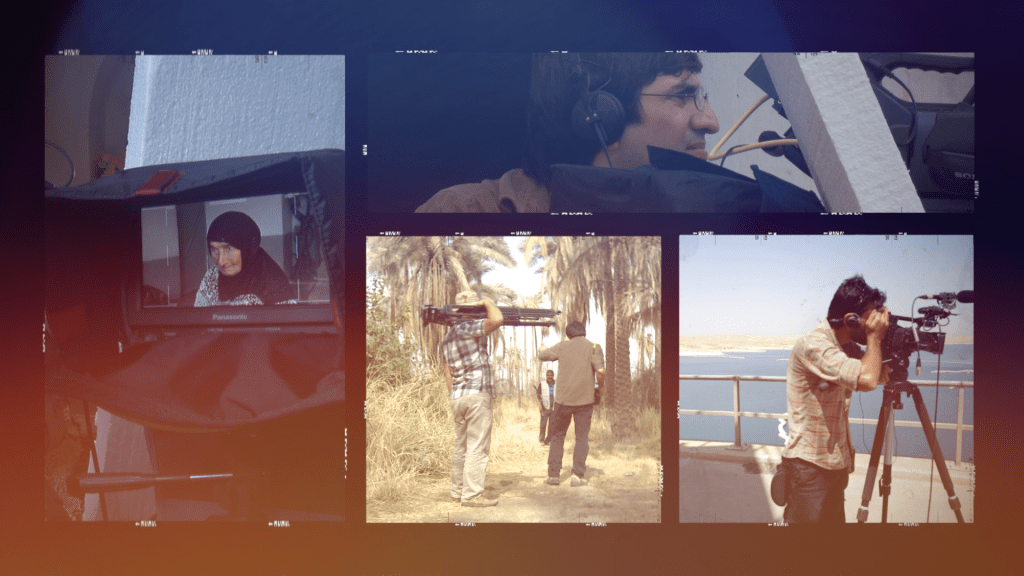
Who are the Kurds and why have they faced oppression and violent attacks? In this introduction we learn why the Kurdistan Memory Programme has documented modern Kurdish history, bringing a neglected past to life with film and interactive multimedia.
National tragedy has changed life in Kurdistan irrevocably, defining the history of the Kurdish people.
The KMP has preserved this heritage by producing a world class film and multimedia record in the hope that both young and old Kurdish generations might come to more deeply understand how their own lives have been shaped by their ancestors and events of the past.
Built for Kurdistan Museum, the KMP national film archive is groundbreaking in its scale, modernity and quality.
Between 2008 and 2019 the KMP team collected stories from people who witnessed key events in modern Kurdish history to establish an accessible filmed record that is now available online.
Many they spoke with have since passed away, but the unique firsthand experiences of Kurdish history they shared with the filmmakers of the KMP have been preserved for the national heritage.
The next generation do not know about it. I talk to them, but it is not like a film. If I tell them it may not stick, this way is more permanent
Najiba Ahmad Hakeem, Kanitu Village
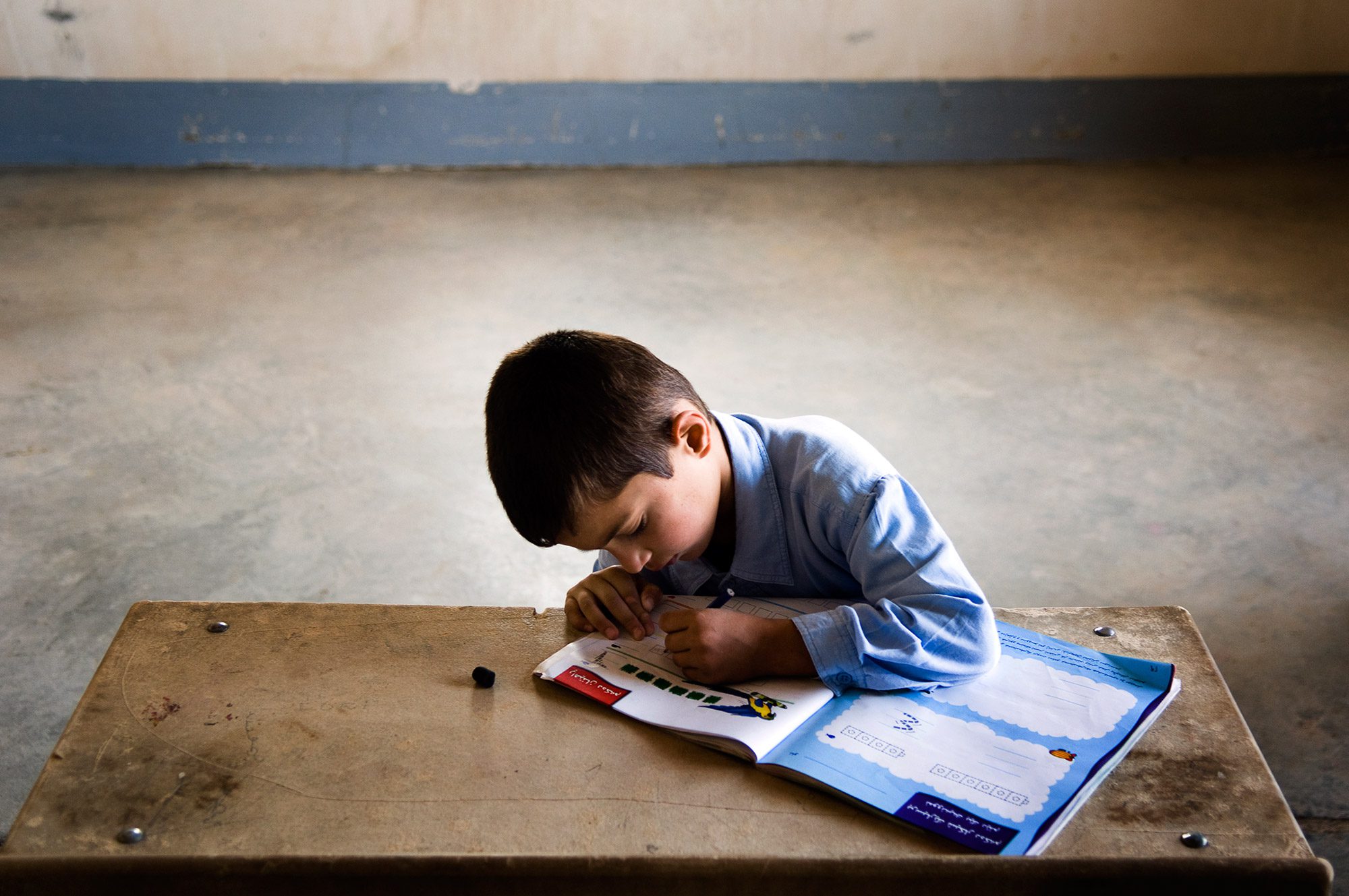
Built for Kurdistan Museum, the KMP national archive is a world class multimedia record of modern Kurdish history. It aims to help new generations understand how the events of the past shape their future.
The Kurds have been deeply influential in shaping the political contours of the Middle East, yet the significance of Kurdish civilisation to the history of the region has often been suppressed and ignored.
That’s why the KMP has established a permanent digital multimedia record of Kurdish testimonies, so that Kurdish voices – and the Kurdish story – can no longer be denied.
This work is unique and important. During Saddam Hussein’s persecution of the Kurds, which culminated in the Anfal military campaign of 1988, up to 182,000 people died and more than 4,000 villages were cleared and destroyed.
Yet much of this history has not been told to the outside world, and it is only now that the genocidal scope of Saddam’s Anfal and its traumatic impact upon Kurdish lives is becoming clear.
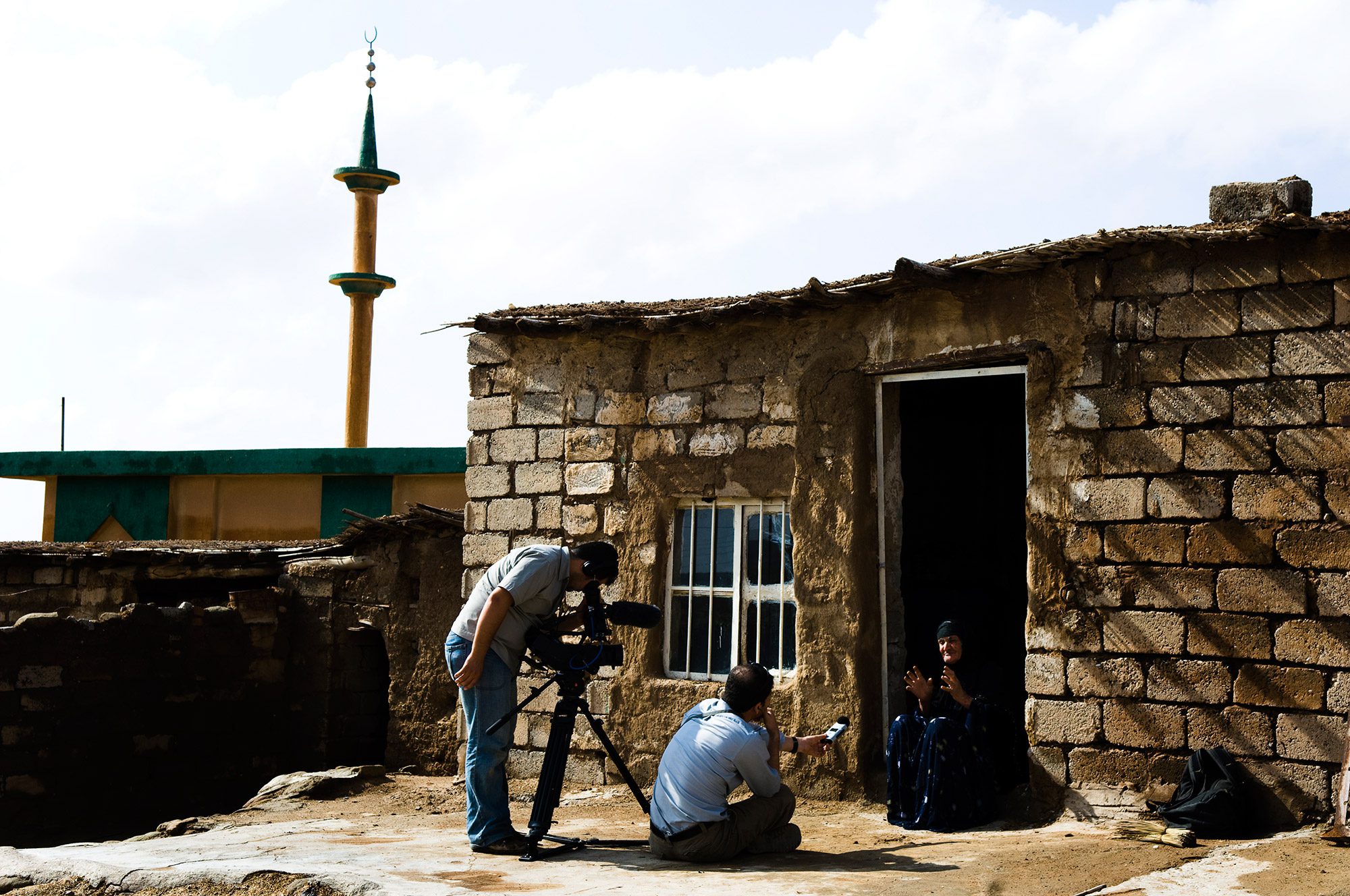
Collecting testimony for The Kurdistan Memory Programme demanded a high level of professionalism and sensitivity.
The Anfal genocide did not happen in a vacuum. The KMP’s research has documented a near century of mass ethnic cleansing programmes conducted by Arab governments across Iraqi Kurdistan, with the dehumanising ethnic cleansing that began in the 1930s leading inexorably to the supremacist ideology that implemented the mass genocide of the Kurds in 1988.
The mass ethnic laundering process of ‘Arabisation’ conducted by the Ba’ath Party and other Arab regimes in Iraq followed the discovery of oil in Kirkuk, and continues to the present day.
It is therefore vital that the historic attacks on Kurds and other non-Arab groups in Iraq are finally documented, verified and more widely recognised, to help ensure that similar traumas are not inflicted in future.
Built for Kurdistan Museum, the KMP national archive is groundbreaking in its scale, modernity and quality
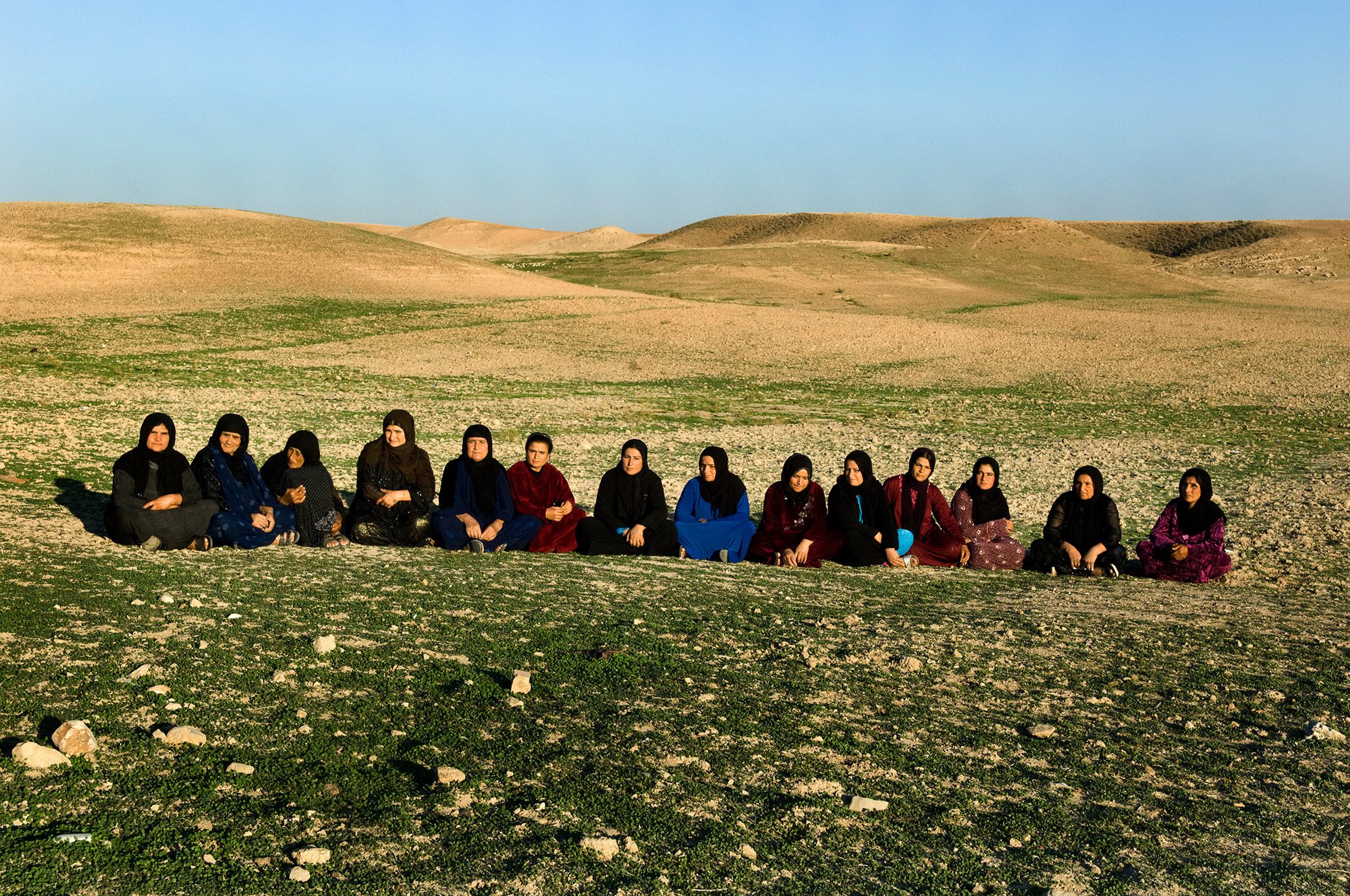
Interviewees share painful memories to let the world know the truth of what happened to them and ensure this heritage isn’t lost.
Documenting untold stories and events with innovative technology and film techniques, the KMP national archive project is a pioneering work of historical journalism that stands alone in the contemporary museum landscape.
Over 14 years of operation, the KMP brought together an experienced international team of media professionals and researchers from Iraqi Kurdistan, the UK, Europe and the USA.
In this period the members of the KMP team criss-crossed Kurdistan, including the so-called disputed territories in northern Iraq. They collected the in situ testimonies of Kurdish villagers who had survived genocide and mass deportation, as well as poison gas attacks, flight and imprisonment, covering every corner and strata of Kurdish society.
The KMP team risked their lives to do so, travelling to areas frequented by ISIS jihadists.
Navigating these dangers, the KMP team recorded more than 1,000 videos and testimonies, edited and produced over 500 films, and accumulated a premium film archive that contains more than 50 years of Kurdish historical footage.
In so doing, the Kurdistan Memory Programme has established the world’s foremost resource on the Kurdish story.
Documenting trauma is a painful process for all concerned but an essential step in ensuring that history is not allowed to repeat itself in Kurdistan
Gwynne Roberts, International Director, The KMP
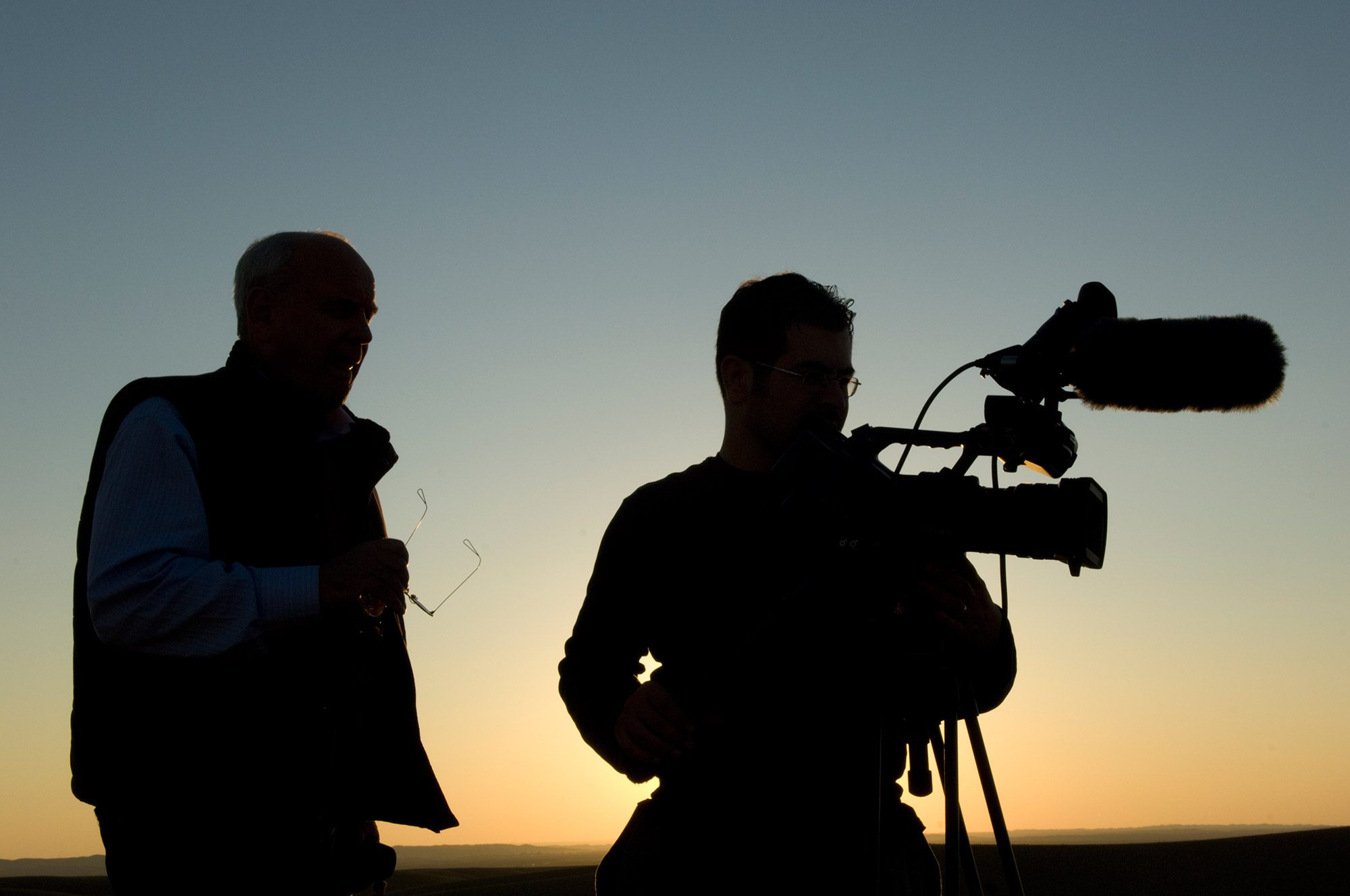
The KMP national archive is the world’s foremost resource on the Kurdish story.